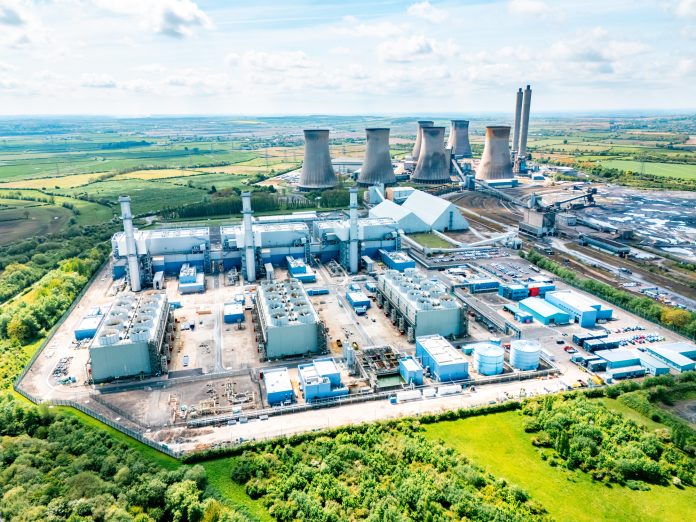As the UK transitions towards clean energy, they have now signed for the country’s first carbon capture, usage and storage (CCUS) projects in Teeside
These carbon capture projects are the beginning of a new chapter for the UK’s clean industry, with plans to capture and store carbon emissions from industries in the region.
The projects are expected to start construction in mid-2025, marking the beginning of the country’s carbon capture sector takeoff.
The Teesside projects are part of the East Coast Cluster, a plan that hopes to decarbonise some of the UK’s most energy-intensive industries.
Reaching net zero targets through carbon capture
As part of this plan, carbon dioxide emissions will be captured and stored safely under the North Sea, preventing harmful CO2 from entering the atmosphere and contributing to climate change.
This technology is set to be key in the UK’s drive to meet its net-zero emissions targets by 2050.
These projects are expected to create thousands of skilled jobs in the North East of England, with initial estimates suggesting 2,000 direct jobs will be supported.
As the CCUS industry expands, tens of thousands more jobs will be generated across the UK. Around £4 billion worth of supply chain contracts will be awarded by the East Coast Cluster projects, bringing significant investment and economic benefits to the region.
The government’s backing of these projects is part of a wider strategy to promote economic growth and boost energy security.
The ‘Plan for Change’
The signing of these contracts follows the launch of the government’s ‘Plan for Change,’ which hopes to put more money in people’s pockets, ensure energy security, and protect consumers from volatile global energy markets.
By investing in carbon capture, the UK looks to revive its industrial heartlands, especially regions like Teesside, which have long been at the forefront of the country’s industrial activity.
The first project in the pipeline, Net Zero Teesside Power, is expected to deliver low-carbon energy that could power up to one million homes by 2028.
This project, on its own, is an important step in decarbonising the UK’s energy supply while supporting local communities and industries by creating new jobs and economic opportunities.
The Northern Endurance Partnership: Carbon capture projects
The Northern Endurance Partnership project, part of the East Coast Cluster, will focus on safely storing carbon emissions from major industrial sectors in the region.
The carbon capture projects in Teesside have drawn significant investment from major global energy companies, including BP, Equinor, and TotalEnergies.
These companies are expected to play key roles in the operation and delivery of the projects, further strengthening the UK’s position as a leader in the global clean energy transition.
Beyond its environmental impact, the CCUS industry is set to drive significant economic growth. It will help decarbonize the UK’s industrial heartlands and create new supply chain opportunities, particularly in technology and infrastructure development.
The £4 billion investment into the local economy, paired with the government’s support, will substantially boost businesses in the region.
Along with the benefits of industrial and job creation, the UK’s carbon capture projects promise to boost energy security by reducing dependence on foreign energy sources.
Developing homegrown low-carbon energy solutions makes the UK less vulnerable to geopolitical instability, as seen in the recent energy crises.
As these projects progress, they are expected to serve as a model for other regions looking to develop their carbon capture capabilities. With a supportive regulatory framework and strong industry collaboration, the Teesside projects are the beginning of the UK’s ambitions to become a clean energy superpower.











